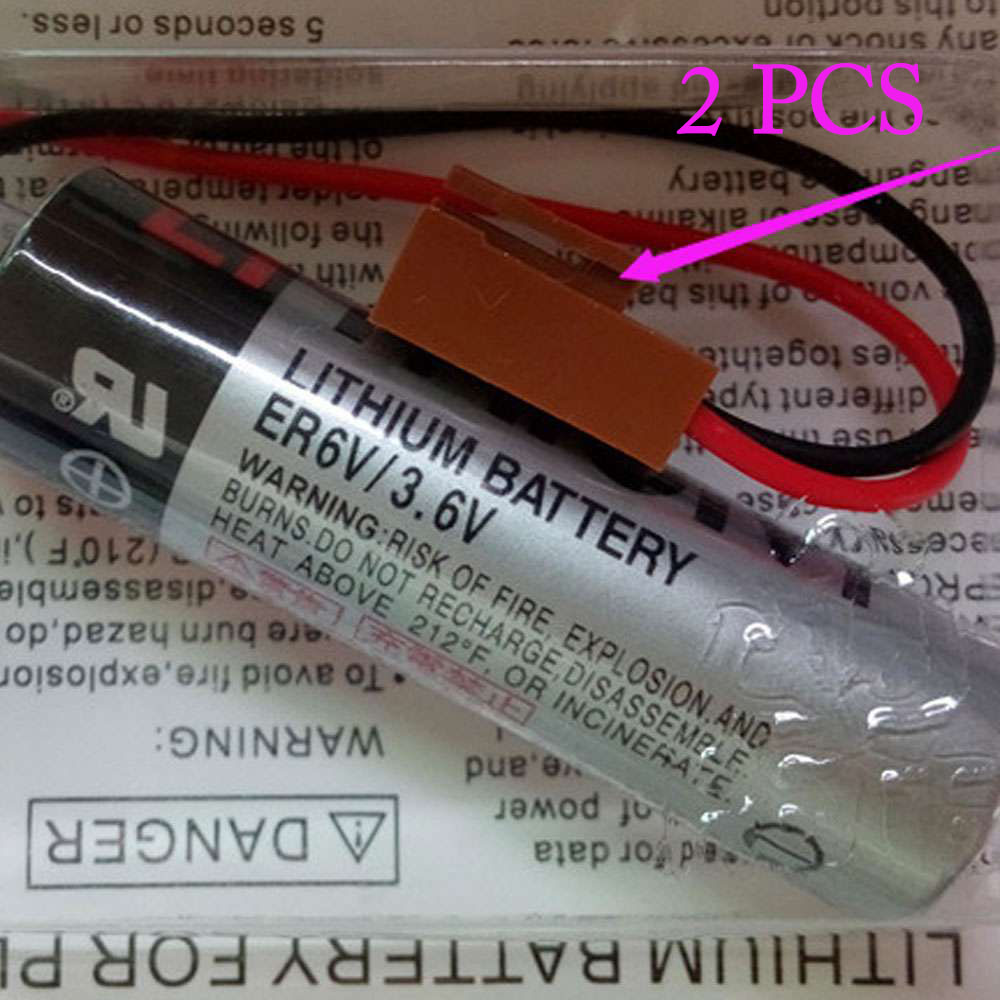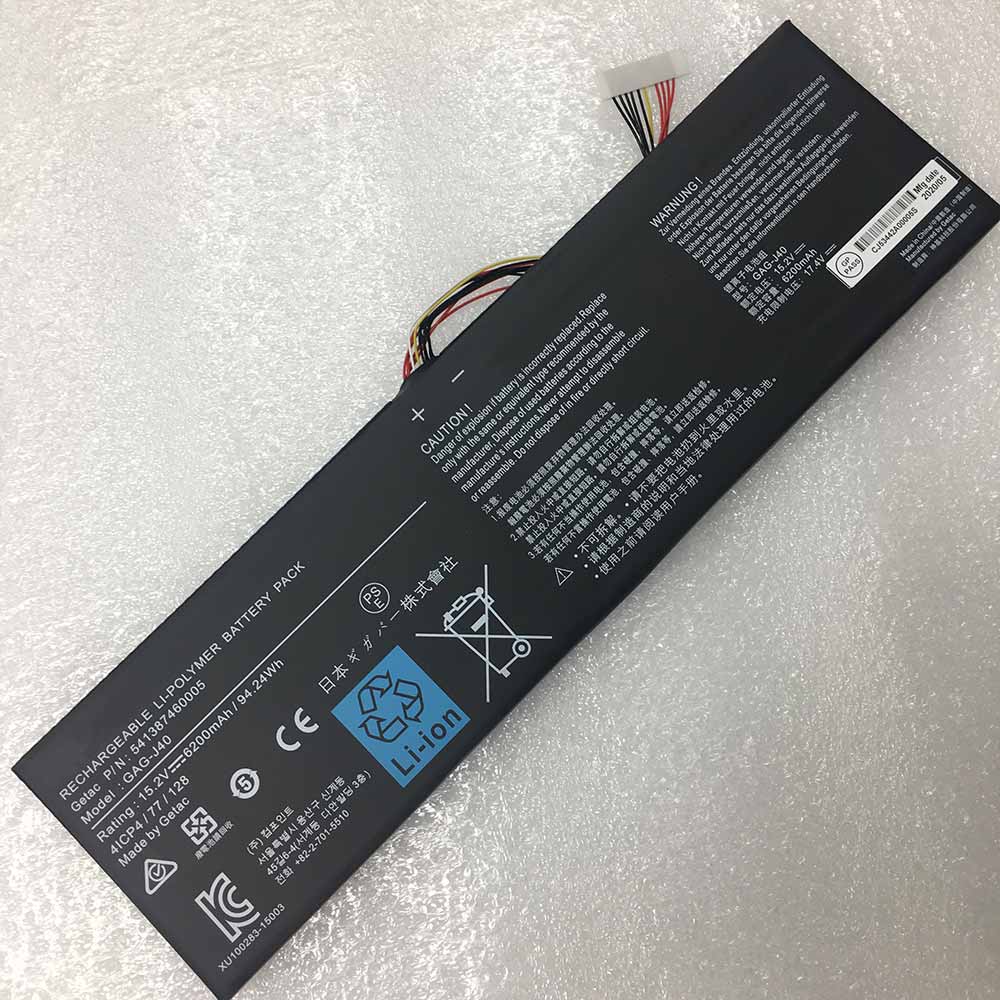It looks like Google i/o is going to be rather dull this year as tinkering with the beta has revealed that the upgrades being made to Android are becoming more and more incremental. Android Q features a cool new logo which combines both the letter Q and the number 10 (Android 10.0) but on core features that will help Google close to the gap to iOS, there is very little.
To rub salt into the wound, this entire issue is moot because it takes Google around 6 years to upgrade its entire ecosystem to a new version of Android. By comparison, it takes Apple around 90 days to complete this process meaning that its universe of devices is both extremely consistent in terms of software and very up to date. Consequently, any new amazing new innovation in Android can be copied and released to users by Google’s competitors years before the original is in the hands of most users.
Some of the exciting new features in Android Q include a new battery time remaining indicator in addition to percentage, QR code generation to share WiFi network credentials, new theme options for developers, a new share menu as well as a few other tiny tweaks and changes. Unless Google is hiding something big, it is really going to struggle to get the press and bloggers excited about this new version of Android.
Instead, Google will turn to some new AI-driven innovations to improve its Digital Life services and thereby keep its users engaged, generating traffic and, most important of all, consuming advertising. Improvements in its already leading computational photography offering, as well as an expansion of Duplex and Google Assistant, are where Google will look to drive excitement at its developer conference in May. Hence the place to look for innovation is going to be in Google’s own services which are largely underpinned by its AI rather than Android.
This may also run into difficulties as it looks like progress in AI is rapidly slowing down due to the fundamental limitations of the techniques still in use today. This would give the laggards such as Facebook, Apple and the Chinese an opportunity to catch up with Google as it is at the leading edge where the slowdown will be most acute. However, when this will occur is very unclear as some think it could be a year or two before the slowdown begins in earnest.





